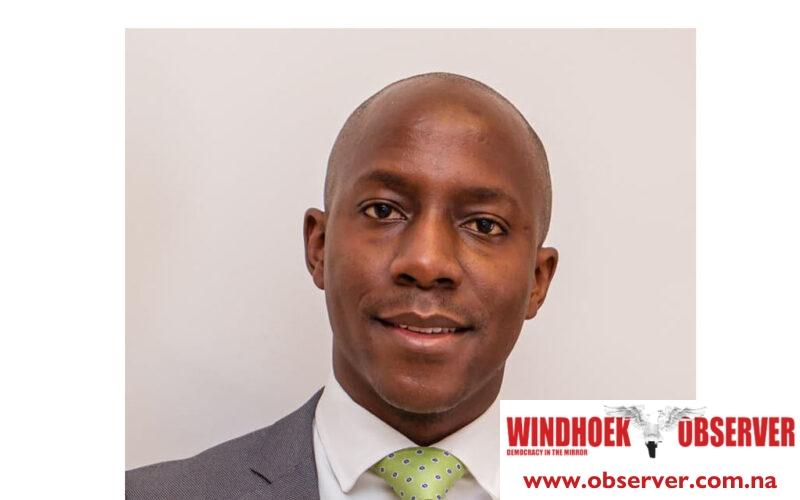Martin Endjala
Green Hydrogen Commissioner James Mnyupe, has recently announced that Hyphen Namibia has successfully secured N$135.5 million in grant and debt funding from the Development Bank of South Africa (DBSA) via KfW, the German state-owned development bank.
This funding Mnyupe said, facilitated through the Southern Africa Development Community Project Preparation and Development Facility, demonstrates the pivotal role of the Southern African region in the global green hydrogen race.
“As Hyphen expands its operations in Namibia, it is dedicated to promoting economic integration and green energy solutions, with a strong emphasis on local employment and sustainable growth, “said Mnyupe.
In terms of programme implementation, the commissioner indicated that the Namibian Green Hydrogen Programme is gearing up for a dynamic start in 2024, with a team of eight executives to support the Ministry of Mines and Energy in realising the goals and objectives of the Synthetic Fuels Strategy.
In addition, Mnyupe said applications for these positions have received an overwhelming response so far, emphasising the enthusiasm and support for the transformative initiative.
The programme has also secured Euros 4.5 million in partnership with the German government to conduct a Strategic Environmental Impact Assessment of the Southern Corridor Development Initiative.
The Program is further said to be collaborating with the Green Climate Fund to undertake feasibility studies for the Erongo Region Hydrogen Valley, in alignment with the Namibian Synthetic Fuels Strategy.
“In a ground-breaking partnership with the World Bank, the Programme is conducting a pre-feasibility study for a hydrogen backbone connecting Namibia and South Africa’s Green Hydrogen Ecosystems. This initiative showcases regional trade in clean molecules, aligning with the African Continental Free Trade Area and Agenda 2063, “the Africa We Want, “said the commissioner.
Furthermore, Mnyupe explained that a vital initiative of the programme is the creation of Green Shipping Corridors between Namibia’s ports and other ports in Europe and Africa.
The project aims to reduce emissions from the shipping industry, responsible for nearly three percent of global emissions. Plans are said to be in place to initiate the project with a letter of intent at COP28, commencing pre-feasibility work in the first quarter of 2024.
Mnyupe is adamant that the Namibia Green Hydrogen Programme is making impressive strides towards its goal of spearheading green industrialisation in Namibia, forging a sustainable energy future and advancing global energy transition.




